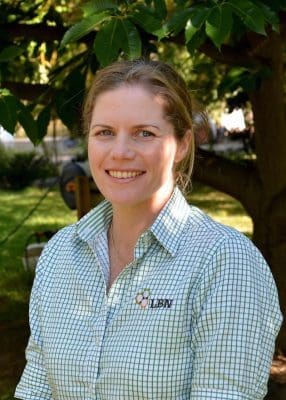Cattle producers in Queensland and New South Wales are being urged to look out for cases of Bovine Ephemeral Fever or Three-Day Sickness in their cattle, following recent rain.
Livestock Biosecurity Network Regional Manager Rachel Gordon said extended wet spells can bring a rise in Bovine Ephemeral Fever or BEF cases.
The disease is commonly known as Three-Day Sickness and can cause serious economic repercussions through loss of condition, decreased weight gain, deaths and reduced fertility in bulls.
Cattle with Three-Day Sickness usually have a fever, are stiff from muscle pain and often go down. They sometimes have nasal discharge, drooling saliva and weeping eyes.
Ms Rachel Gordon said the virus that causes Three-Day Sickness is thought to be transmitted between cattle by flying insects such as mosquitoes and biting midges, and these insects become more prevalent after significant rain.
“The disease can affect cattle of all ages and is often seen after a prolonged dry spell because of the lack of immunity in a herd.
“In very wet years we see the disease spread south as far as Victoria,” she said.
Surveillance of livestock is critical – recumbent animals should be provided shelter, food and water and also need to be rolled several times a day, particularly if they are a heavier beast. Lactating cows and bulls should be treated promptly if you suspect Three-Day Sickness.
In addition to the clinical signs of Three-Day Sickness, a blood test can identify the presence of the virus and is most successful when samples are collected in the first few days of clinical disease.
“I encourage cattle producers to consult their local vet to have a blood sample collected if Three-Day Sickness is suspected in livestock – this will allow for the best treatment and chance of saving stock,” Ms Gordon said.
“For cattle older than six months of age, vaccination for Three-Day Sickness is best practice and is required to avoid high-risk and high-value livestock being affected and causing economic losses for producers.”
To help protect their livelihood and income, producers are encouraged to complete the Farm Biosecurity Checklist at www.lbn.org.au




What could improve the article is information/link re obtaining vaccine, i.e. not many vets (at least in Townsville) stock. Or “direct” link to info on how vaccine is administered + estimate of cost/head or cost per bottle + quantity/treatments per bottle etc.
Thanks for your question Ron, we’re following this up and will update this post with further details soon. Editor.